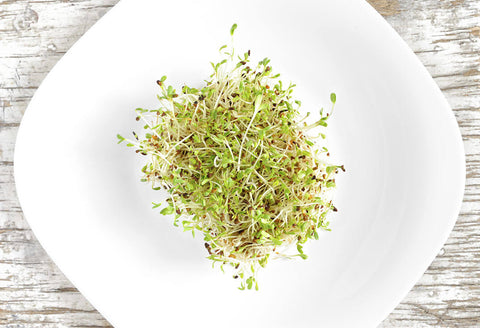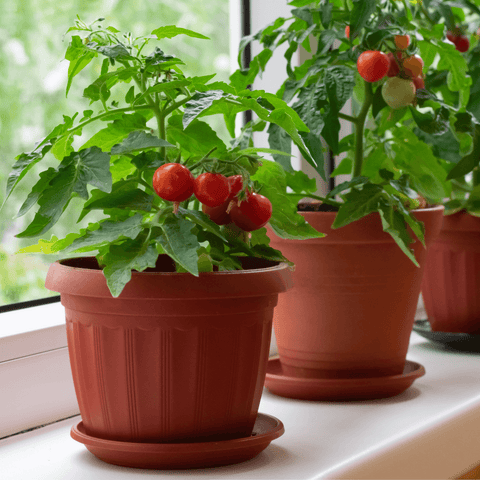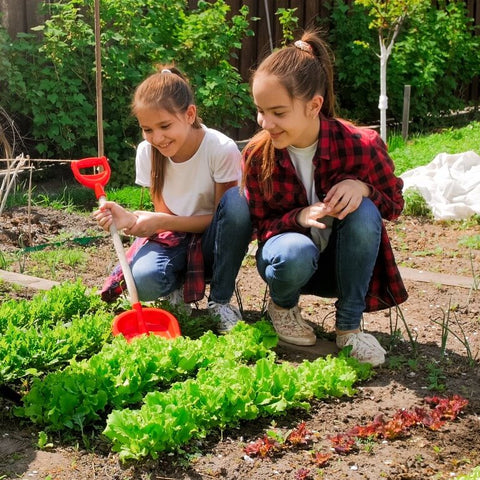What are seeds and how to prepare them for germination?
Seeds are essentially little factories of life waiting for the right opportunity to germinate. They are an essential part of the plant life cycle, enabling them to reproduce and spread. But in addition to being essential for plant life, seeds also have incredible nutritional value for humans. One way we can reap these benefits is by sprouting seeds. Before we get into the preparation process, it can be helpful to understand what sprouting is and why it is beneficial.
What is germination ?
Germination is the process by which a seed begins to grow and develop into a new plant. When a seed is exposed to the right conditions of moisture and temperature, it begins to germinate. During this process, the seed activates its enzymes, increases its vitamin and mineral content, and converts its stored nutrients into the energy needed for growth.
Why germinate seeds ?
Sprouting seeds increases their nutritional value. Activated enzymes facilitate digestion, increasing the bioavailability of nutrients. Sprouting also reduces antinutrients that can interfere with the absorption of certain minerals. Sprouted seeds often have higher levels of vitamin C, B vitamins, and other essential nutrients.

Preparing seeds for germination
- Choosing seeds : The first thing you need to do is choose quality seeds. Some popular options include lentils, peas, sunflowers, wheat, alfalfa, and broccoli. Make sure they are fresh and intended for germination.
- Washing : Rinse the seeds under cold running water to remove dust and dirt.
- Soaking : Place the seeds in a container and cover them with twice the amount of water. Soaking softens the outer shell of the seeds, allowing them to absorb water. Most seeds should soak for 8-12 hours, but this can vary depending on the variety.
- Rinse and drain : After soaking, rinse the seeds well and drain them.
- Germination : Transfer the seeds to a germination tray or shallow dish covered with cheesecloth. Keep them in a cool, dark place, occasionally rinsing and draining them every 8-12 hours.
- Waiting : Depending on the type of seed, the germination process can take anywhere from a few hours to a few days. When the seeds germinate, they should have small shoots.
- Storage : Once the seeds have germinated to the desired length, rinse them well, drain them, and store them in the refrigerator in an airtight container. Use them within a few days for best freshness.
Seed germination pots can be purchased complete with BIO seeds . Here is a top-quality germination container for preparing sprouts.
Sprouting seeds not only increases their nutritional value, but also provides a fresh, crunchy addition to salads, sandwiches, and other dishes. With a little preparation and attention, you can enjoy the health benefits and delicious taste of sprouted seeds at home.



